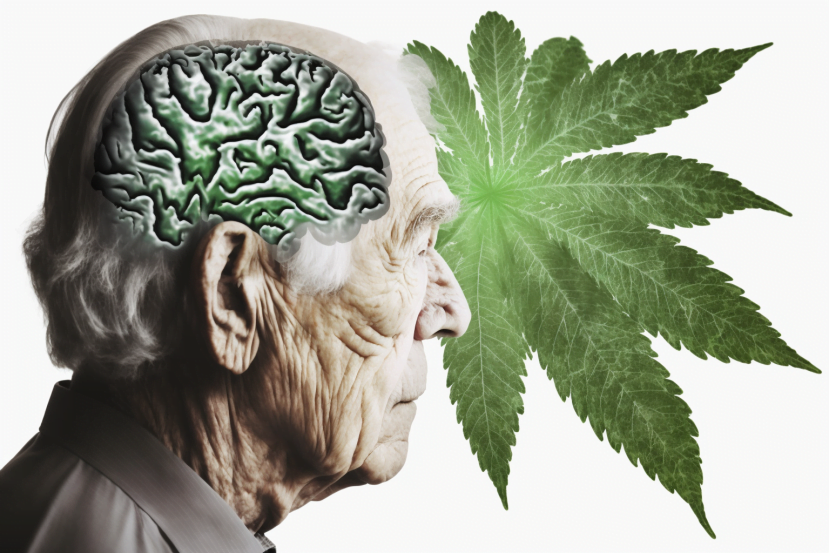English
Most research on the effects of cannabis on memory and cognition focuses on THC, as it is the compound most associated with the psychoactive effects of cannabis. Cannabis contains more than 100 different cannabinoids, the most important of which are tetrahydrocannabinol (THC) and cannabidiol (CBD). THC is the psychoactive compound responsible for the ‘high’ associated with cannabis use. CBD, on the other hand, does not cause a high and has been shown to have potential therapeutic effects.
Short-term effects of cannabis on memory
Short-term effects can include impairment of attention, working memory, and executive function. Working memory is responsible for holding information temporarily in the mind, and executive function is responsible for planning and decision-making. THC can also impair the ability to form new memories, particularly in the immediate aftermath of use. These effects can last for several hours after cannabis use and can vary depending on the dose, frequency, and mode of administration.
Long-term effects of cannabis use on memory
Long-term effects of cannabis use on memory and cognition are less clear. Some studies have suggested that long-term use of cannabis can lead to deficits in verbal learning and memory, attention, and executive function. However, other studies have found no significant long-term effects on memory and cognition. More research is needed to determine the extent and duration of these effects.
The impact of cannabis on memory and cognition can vary depending on the age of the individual using cannabis. Adolescents and young adults may be particularly vulnerable to the negative effects of cannabis on memory and cognition. The brain is still developing during adolescence and young adulthood, and cannabis use during this time can potentially interfere with the development of cognitive functions. Studies have shown that regular cannabis use during adolescence can lead to persistent deficits in verbal memory, attention, and executive function, even after cessation of use.
It is also important to note that the impact of cannabis on memory and cognition can vary depending on the individual. Some individuals may be more susceptible to the negative effects of cannabis on memory and cognition due to genetic or environmental factors. Additionally, the impact of cannabis on memory and cognition may be influenced by other factors, such as the use of other substances, co-occurring mental health conditions, and socioeconomic status.
The potential risks associated with the impact of cannabis on memory and cognition highlight the importance of responsible use. Individuals who choose to use cannabis should be aware of the potential risks and take steps to minimize their impact. This can include limiting use, avoiding high doses, and choosing modes of administration that minimize the risk of impairment, such as edibles rather than smoking. It is also important to avoid cannabis use during periods of high cognitive demand, such as during work or school.
It is worth noting that there is ongoing debate within the scientific community regarding the extent and duration of these effects. Some studies have found that the negative effects of cannabis on memory and cognition may be temporary and may not have long-term consequences, particularly in individuals who use cannabis infrequently. Other studies have suggested that the negative effects of cannabis on memory and cognition may persist even after cessation of use, particularly in individuals who use cannabis frequently or during adolescence.
However, it is important to acknowledge that the impact of cannabis on memory and cognition is complex and may vary depending on several factors, including age, frequency of use, and mode of administration. Some individuals may be more susceptible to the negative effects of cannabis on memory and cognition due to genetic or environmental factors, while others may experience minimal or no negative effects.
Related aticles:
Published by Sakul
15/05/2023choose and buy cannabis seeds from our offer
our pleasure



























